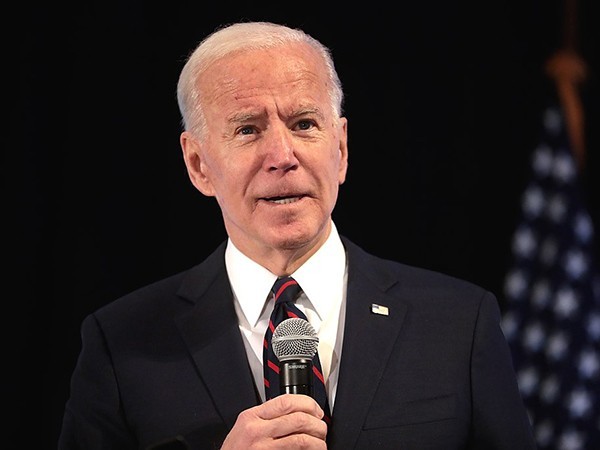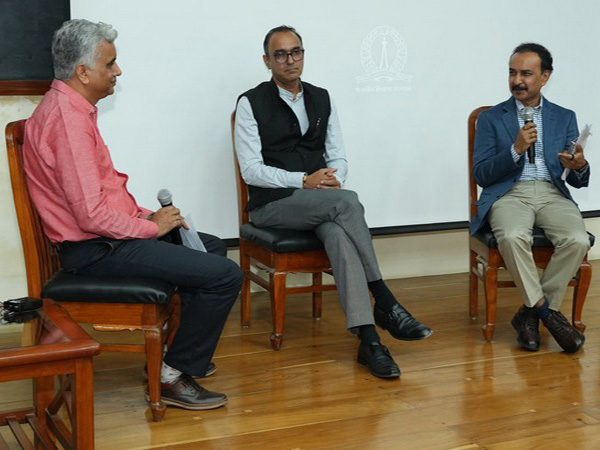
Biden gov't inheriting Singapore accord may brighten N.K. dialogue prospects
May 19, 2021
Seoul (South Korea), May 19: The Joe Biden administration's decision to embrace a 2018 summit agreement with North Korea is likely to brighten prospects of reengagement between the two countries, as Pyongyang appears wary of any nuclear deal bound to fall apart with a change of government in Washington, analysts said Wednesday.
In a written interview with Yonhap News Agency, White House Policy Coordinator for the Indo-Pacific Kurt Campbell made clear that the Biden administration's approach to the North will "build on Singapore and other agreements made by previous administrations."
The first such official remarks by a Biden aide came as Seoul pushed to preserve the Singapore agreement, which it stressed should be a starting point for future nuclear talks between Washington and Pyongyang.
Under the agreement from the first summit between former U.S. President Donald Trump and North Korean leader Kim Jong-un, the North committed to work toward the "complete denuclearization of the Korean Peninsula," while both sides agreed to work together to build new relations and foster a lasting, stable peace regime on the peninsula.
"The Biden administration's move on the Singapore agreement could be construed as a signal to the North of good faith, and of the continuity of the two-way pledge being kept irrespective of a government change," Kim Tae-hyun, professor emeritus at Chung Ang University, said.
"A positive signal might also be sent given that the ditching of that accord would have been seen as a move to undermine the dignity of what the North calls the supreme leader comrade who actually put an imprint on it," he added.
Throughout its monthslong review of policy on the North, Washington explored a "new approach" different from that of the Trump administration, casting uncertainty over the fate of the Singapore agreement.
But Seoul hammered away at the importance of the accord, which it believes provides a basic framework toward the goal of a nuclear-free Korean Peninsula despite its lack of specifics on how to reach the end state.
South Korean President Moon Jae-in and Biden are expected to discuss policy coordination on how to use that agreement for diplomacy with the North when they meet for their first in-person summit in Washington on Friday.
U.S. officials have said that its policy toward the North will involve a "calibrated and practical" approach and that it will not focus on achieving a grand bargain nor will it rely on strategic patience -- an Obama-era approach of waiting for the North to change its behavior while maintaining pressure.
Washington's policy has yet to be spelled out, but expectation has persisted that the Biden team would pursue an incremental, phased formula to denuclearize the North rather than an "all-or-nothing" approach.
It remains uncertain how the North would interpret the U.S.' policy direction, as Pyongyang has stressed it will not engage in any dialogue unless Washington rolls back "hostile policy" against the North.
Nuclear talks between the U.S. and the North have remained stalled since the second summit between Trump and Kim ended without a deal in Hanoi in February 2019. The two sides held the last working-level meeting in Sweden in October 2019 but made no headway.
Some observers raised hope that the North would opt to return to dialogue as protracted tensions with the U.S. would only do harm to its efforts to overcome domestic challenges, such as economic hardships and the COVID-19 pandemic.
"Taking its challenging internal conditions into consideration, the North would start responding if the U.S. comes forward with a change in its stance," Kim Yong-hyun, a professor of North Korean studies at Dongguk University, said.
The absence of major North Korean provocations since the launch of the Biden administration in January could be a sign that the North might be inclined toward diplomacy.
A little over a month ago, Pyongyang was seen as engaging in suspicious activities, including those at a submarine-launched missile test site on its east coast, but no saber-rattling has taken place.
Despite positive signs, some observers raised concerns that Washington's sharp focus on addressing what it calls "systematic and widespread" human rights abuses in the North could derail dialogue efforts.
Washington's distraction by other policy challenges, such as escalating tensions between Israelis and Palestinians and disturbing signs of a retreat of democracy in Myanmar, raised questions over whether the Biden government can prioritize the North Korean issue.
On the reengagement front, China could play a role, particularly when it seeks to promote regional stability ahead of its hosting next year of the Winter Olympics in Beijing, analysts said.
"The North may not be able to ignore pressure from China, which will try to prevent Pyongyang from engaging in provocative acts at least until after the Winter Olympics," Kim Yeol-su, a security analyst, said.
Source: Yonhap









